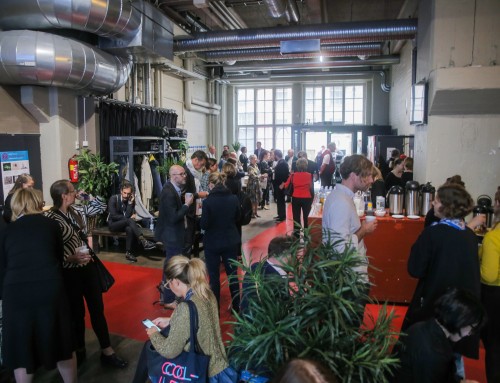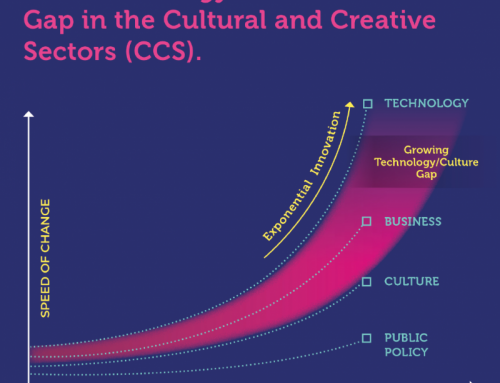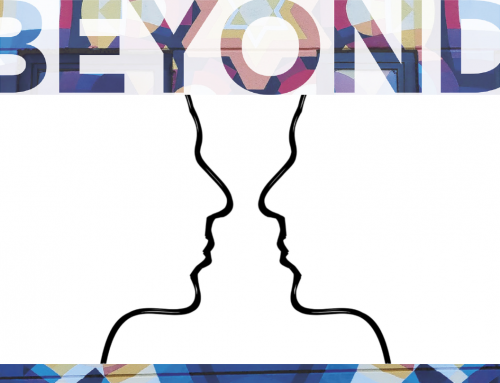By Frits Grotenhuis
Discussions about future education are trending. So-called 21st century skills, lifelong learning, living labs, digital education, MOOCs, microcredentials and blockchain certificates are some typical buzzwords. Students of today are digital natives and make fully use of the wide array of digital possibilities. These students demand freedom of choice of content (what), time (when) and place (where) in education.
At the same time, many teachers can hardly follow these digital natives. As a result, demand and supply of education do not match anymore. Educational ‘supply’ in terms of elementary schools, secondary education, and higher educational institutes has slowly become aware of the need for change. ‘Demand’ in terms of both the students as well as the labor market (possible employers) is changing really fast.
The Dutch topsectors recently advised the government to build (upon) learning communities where study, work and innovation come together. Creative industries could play an important role in this perspective.
Next to knowledge, specific characteristics such as creativity, multidisciplinarity, team collaboration, and ‘character’ have become requirements for a successful career. Neumeijer argues in his book Metaskills: Five Talents for the Robotic Age (2012) that we need the following skills in order to be successful professionals: feeling (intuition and empathy), seeing (systems thinking), dreaming (applied imagination), making (design), and learning (autodidacts).
In the Netherlands, the Dutch topsectors have developed so-called human capital agenda’s in order to prepare today’s talents for the labor market of tomorrow. Based on 20 pilot projects, the Dutch topsectors recently advised the government to build (upon) learning communities where study, work and innovation come together. Interestingly enough this looks like the former master-apprentice relationship developed during the middle ages, which still proves to be relevant.
Further, the Dutch universities developed a joint research agenda on digital society with a focus on societal challenges including learning and education: how to enable people to participate meaningfully in all stages of life? Creative industries could play an important role in this perspective.
Creative industries already experiment and work for many years in living labs; creatives make use of co-design, user-centered design, gamification principles, and design thinking as an alternative approach for learning, collaboration and problem solving. New (creative) technologies, such as virtual- and augmented reality, further give a boost to future learning. Concluding, creative industries should actively take her role in the design and further development of future education.








Leave A Comment